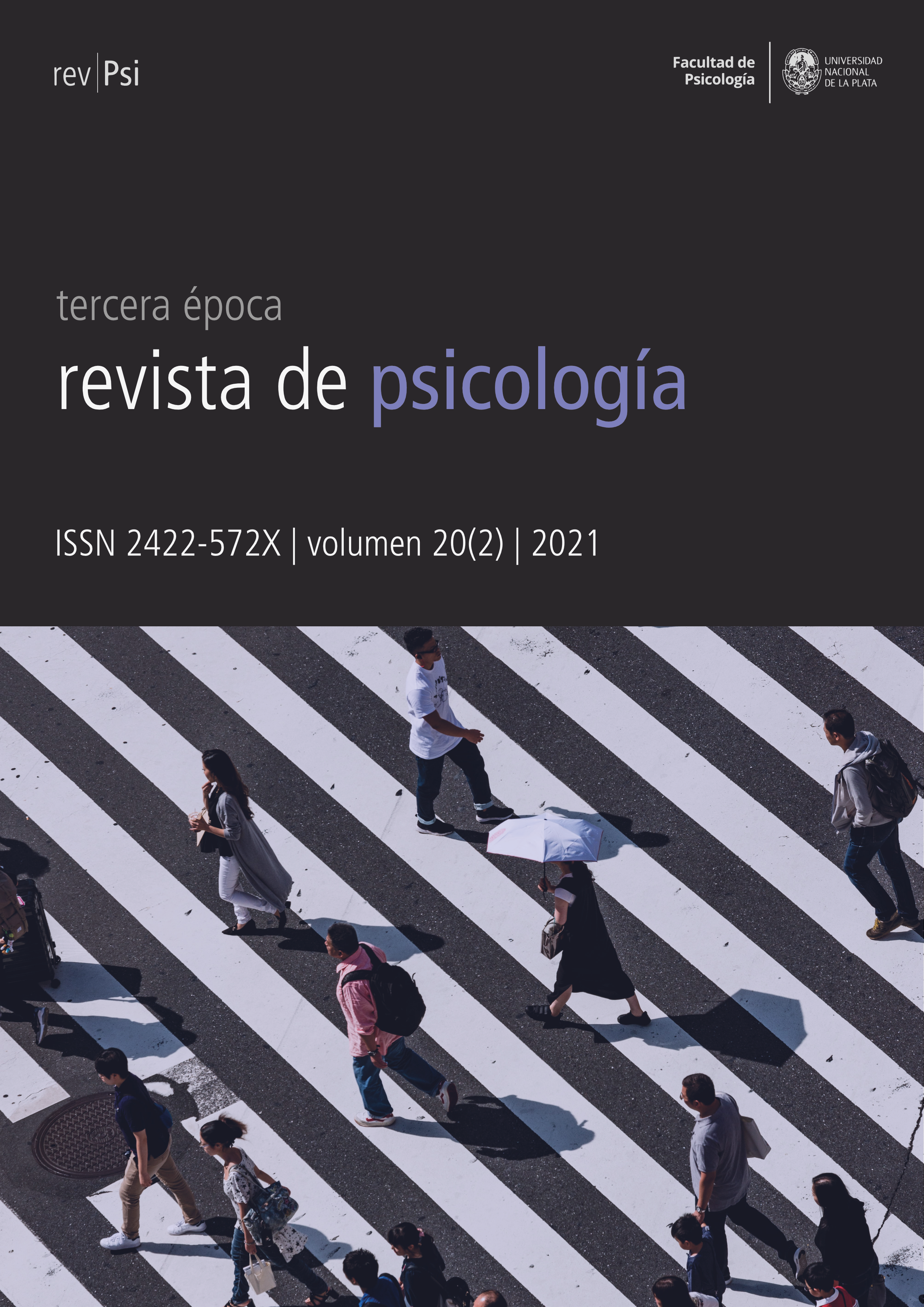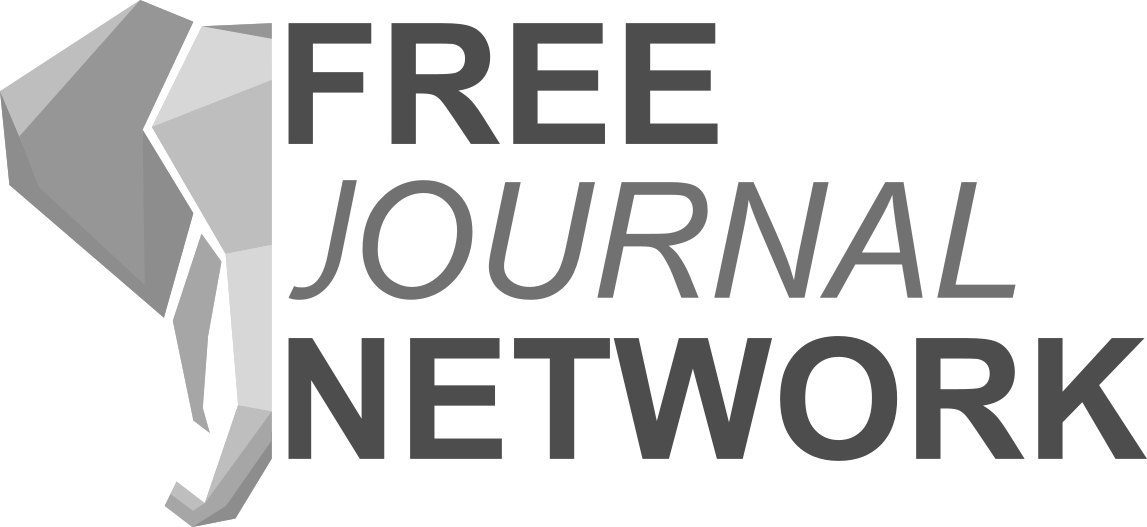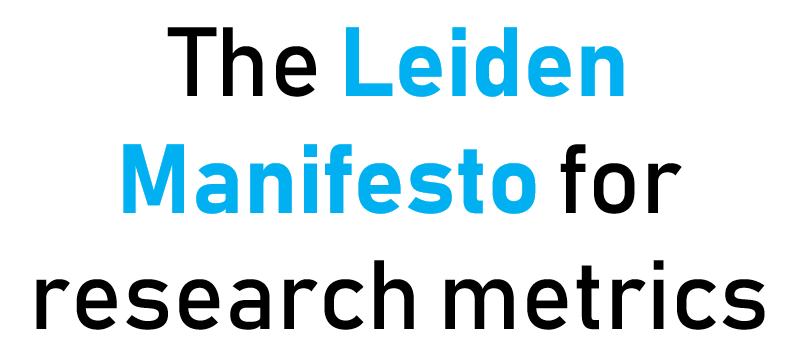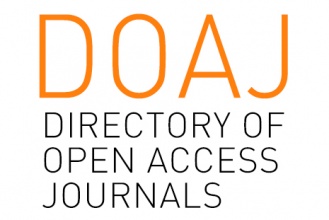Neoliberalism and subjectivity. The new discomfort
DOI:
https://doi.org/10.24215/2422572Xe074Keywords:
neoliberalism, subjectivity, discomfortAbstract
This work deals with the vicissitudes of the new subjectivities produced by neoliberalism. A brief sketch of the text "The discomfort in the culture" by Sigmund Freud, serves as a spearhead to make a critical approach to the impact of neoliberalism on subjectivity, a situation that has led to a dramatic change in the way of assuming the individual regarding himself and with the social bond. Likewise, the neoliberal mandates that dictate the human being to remain in a kind of excess, leads the latter to a new malaise that leads to significant psychic affections.
Downloads
Metrics
References
Alemán, J. (2014). En la frontera. Sujeto y capitalismo. Gedisa.
Alemán, J. (2016). Horizontes neoliberales en la subjetividad. Grama.
Alemán, J. (2018). Capitalismo: Crimen perfecto o Emancipación. NED.
Benjamín, W. (2015). El capitalismo como religión. Revista Crítica de Literatura Latinoamericana, 13, 178-186.
Berman, M. (2008). Todo lo sólido se desvanece en el aire. Siglo XXI.
Carpintero, E. (2016). Patologías del neoliberalismo. Revista Topia, 77, s/p. https://www.topia.com.ar/articulos/patologias-del-neoliberalismo
D´Alfonso, K. y González, A. (2015). Malestar de época: tensiones en la construcción del lazo social. En Inés Seoane Toimil y Susana Lonigro (Comps.), Lazo social y procesos de subjetivación. Reflexiones desde la época (pp. 29-41). EDULP.
De Vos, J. (2012). Psychologisation in times of globalisation. Routledge.
Freud, S. (1929/2008). El malestar en la cultura. En Obras completas (pp. 57-140) Amorrortu.
Foucault, M. (2007). El nacimiento de la biopolítica. FCE.
Foucault, M. (1975). Vigilar y castigar. Siglo XXI
González, C. (2017). Reseña de libro “Psicopolítica. Neoliberlismo y nuevas técnicas de poder” de Yung-Chul Han (2016). Cuadernos de Relaciones Laborales, 35(2), 449-453. https://doi.org/10.5209/CRLA.56772
Han, B. (2014). Psicopolítica. Neoliberalismo y nuevas formas técnicas de poder. Herder.
Han, B. (2015). El aroma del tiempo. Herder.
Harvey, D. (2009). Breve historia del neoliberalismo. Akal.
Hardt, M. y Negri, A. (2012). Declaración. Akal.
Hernández, C. (2017). La deuda como forma de gobierno y subjetivación en el neoliberalismo. Reflexiones sobre la culpa, el sacrificio y la desesperación en la religión capitalista. Valenciana. Estudios de Filosofía y Letras, 21, 379-413. https://dx.doi.org/10.15174/rv.v0i21.359
Lazzarato, M. (2013). La fábrica del hombre endeudado. Ensayo sobre la condición neoliberal. Amorrortu.
Mabel, O. y Freschi, A. (2006). Traducción de la conferencia de Jacques Lacan en Milán del 12 de mayo de 1972. elSigma.com, s/p. https://www.elsigma.com/historia-viva/traduccion-de-la-conferencia-de-lacan-en-milan-del-12-de-mayo-de-1972/9506
Marx, K. (1867/2008). El capital I. FCE.
Mbembre, A. (2011). Necropolitica. Melusina.
Negri, A. (1989). The politics of subversion: A manifesto for the twenty-first century. Polity Press.
Otón, G. (2017). El discurso del capitalismo en la teoría de Jacques Lacan. Tesis de grado. Universidad de la República de Uruguay.
Pavón-Cuellar, D. (2017). Subjetividad y psicología en el capitalismo neoliberal. Psicología Política, 17(40), 589-607.
Pineda Nebot, C. y Fonseca, F. (2018). El predominio de la agenda neoliberal en el mundo contemporáneo: hegemonía y consecuencias. Universitas. Revista de Filosofía, Derechos y Política, 27, 21-44. http://dx.doi.org/10.20318/universitas.2018.4017.
Prieto, J. y Moreno, A. (2015). Las redes sociales de internet ¿una nueva adicción? Revista Argentina de Clínica Psicológica, 24(2), 149-155.
Rosenberg, M. Confessore, N., Cadwalladr. C. (2018, 20 de marzo). La empresa que explotó millones de datos de usuarios de Facebook. New York Times. https://www.nytimes.com/es/2018/03/20/espanol/cambridge-analytica-facebook.html
Sugarman, J. (2015). Neoliberalism and psychological ethics. Journal of Theoretical and Philosophical Psychology, 35(2), 103-116.
Valencia, S. (2010). Capitalismo gore. Melusina.
Walkerdine, V. (2003). Psychology, postmodernity and neo-Liberalism. Journal für Psychologie, 11(2), 126-148.
Žižek, S. (2008). En defensa de la intolerancia. Sequitur.
Downloads
Published
How to Cite
Issue
Section
License
![]()
Authors who publish in this journal accept the following conditions:
- Authors retain the copyright and assign the right of first publication to the journal, with the work registered under a Creative Commons attribution license (CC-BY), which allows third parties to use what is published whenever they mention the authorship of the work and the first publication in this magazine.
- Authors can make other independent and additional contractual agreements for the non-exclusive distribution of the article published in this journal (e.g., include it in an institutional repository or publish it in a book) as long as they clearly indicate that the work was published for the first time in this magazine.
- Authors are allowed and encouraged to publish their work on the Internet (e.g., on institutional or personal webpages) before and during the review and publication process, as it can lead to productive exchanges and greater and faster dissemination of published work (see The Effect of Open Access ).





































